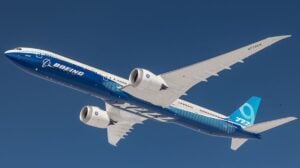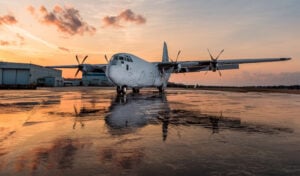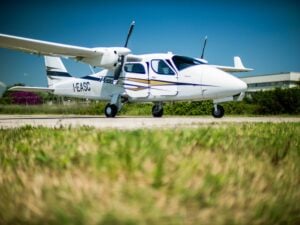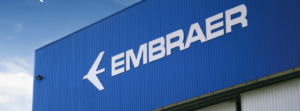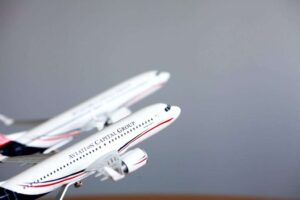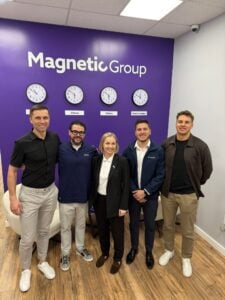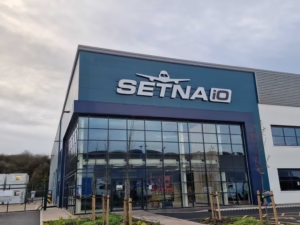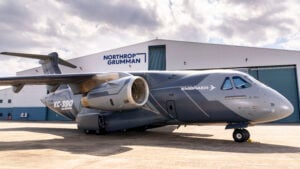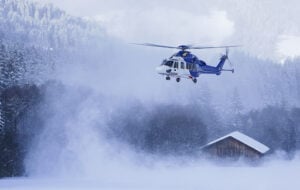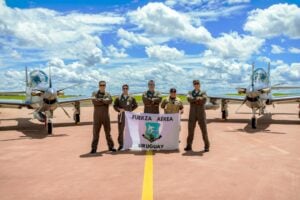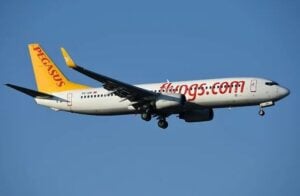Honeywell and Near Earth Autonomy have successfully completed the first autonomous test flight of a Leonardo AW139 helicopter, marking a significant milestone in advancing the U.S. Marine Corps’ Aerial Logistics Connector (ALC) programme. The flight, conducted in Phoenix, Arizona in May, demonstrated for the first time that the AW139’s autopilot modes could be directly controlled by Near Earth’s onboard autonomy software without pilot input — effectively flying without a pilot or remote operator.
This breakthrough highlights the feasibility of uncrewed, autonomous aircraft operating in contested or high-risk environments. According to Bob Buddecke, President of Electronic Solutions at Honeywell Aerospace Technologies, “Not only is this successful demonstration a major step in creating brand new possibilities for the USMC, but it also creates a potential pathway for use by other helicopter operators as well.”
The ALC programme, managed under a Naval Aviation Systems Consortium OTA with Near Earth Autonomy as the lead performer, is designed to develop and deploy scalable, autonomous aerial logistics systems. These systems aim to reduce risk to personnel while enhancing the speed and efficiency of resupply operations. The recent flight represents a crucial step towards achieving these goals, laying the foundation for autonomous rotorcraft to support military operations without direct human control.
Further testing is planned to expand the helicopter’s autonomous capabilities, including obstacle avoidance and seamless integration into military logistics workflows. Honeywell and Near Earth Autonomy are committed to developing an autonomy solution that is not only highly capable but also affordable, scalable, and certifiable for a range of defence and civilian missions.
Honeywell’s involvement includes providing mission-critical avionics systems designed for both retrofit and next-generation aircraft, with a long-term focus on supporting the transition to uncrewed and highly autonomous flight operations.




